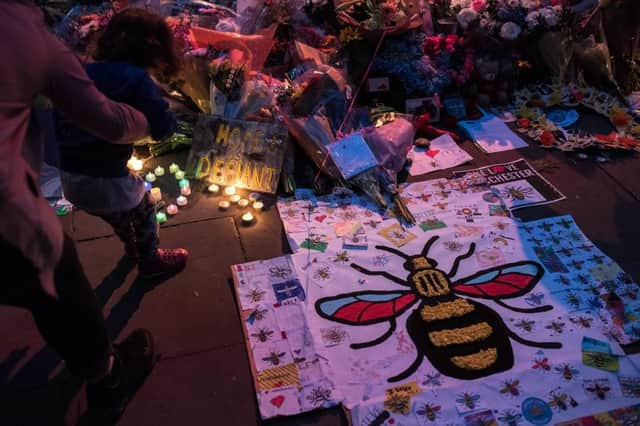'Martyn's law' is being considered in honour of Manchester attack victim - here's what it covers


A consultation has been launched on 'Martyn's law', which would require venues to improve security measures against terror attacks.
The Government has now launched an 18 week long consultation process into the new Protect Duty, which would see venues legally required to anticipate the risk of a terror attack and take steps to better protect the public.
Advertisement
Hide AdAdvertisement
Hide AdThe law is named after Martyn Hett, one of the 22 people killed in the devastating Manchester Arena attack in 2017.
Martyn's mother, Figen Murray, has been campaigning ever since her son's death to get security stepped up in crowded places and venues.
After hearing the news that the law was entering a consultation phase, she told the BBC it represented a "a major stride towards making our country safer".
"To make Martyn's Law a reality is of huge relief and I look forward to making a lasting difference with all of those who have supported it," she said.
Advertisement
Hide AdAdvertisement
Hide Ad"My focus will always be to stop such violent acts from happening again because Martyn and the other 21 victims cannot have lost their lives for nothing."
Venues not currently obliged to secure against terror attacks
As it stands, both public and private venue owners are not legally obliged to enhance security measures on advice about potential terror attacks.
The consultation is intended to "work out who should be subject to the duty and the extent of it and "make sure we get the balance right between the need to protect people and the need to make sure it is proportionate," said Justice secretary Robert Buckland.
Some of the proposals which the public will now be asked for their say on include the introduction of counter-terror training for events staff, more thorough security checks prior to entering venues, and assessments of locations to determine how vulnerable they are to a terror attack.
The consultation will work with counter-terror police, seeking views on how exactly the legislation would work in practice and what kind of venues or spaces it would apply to.